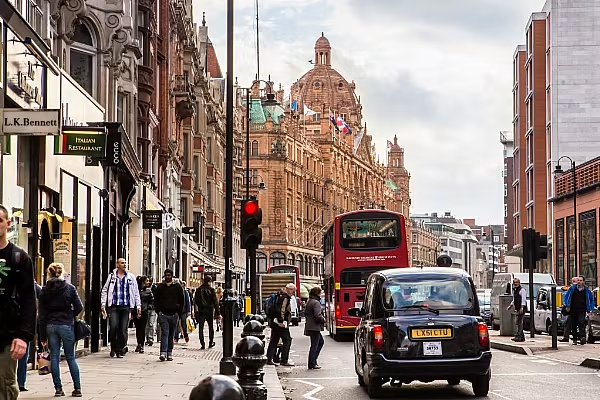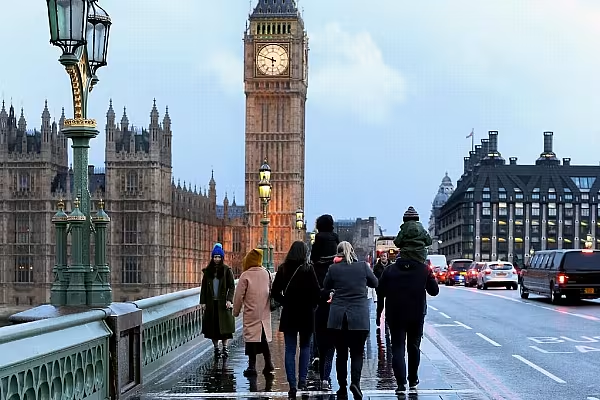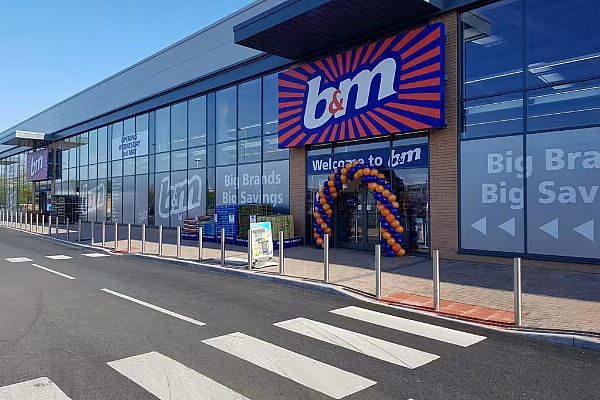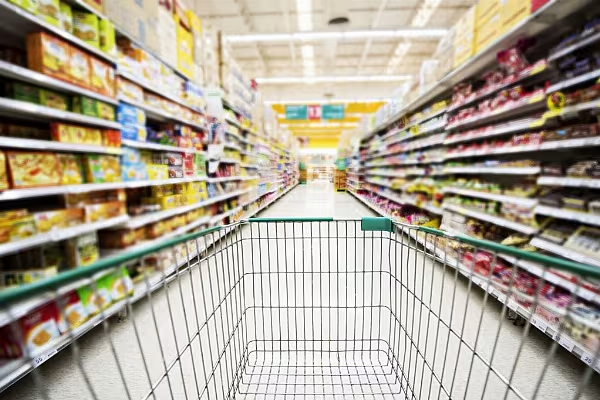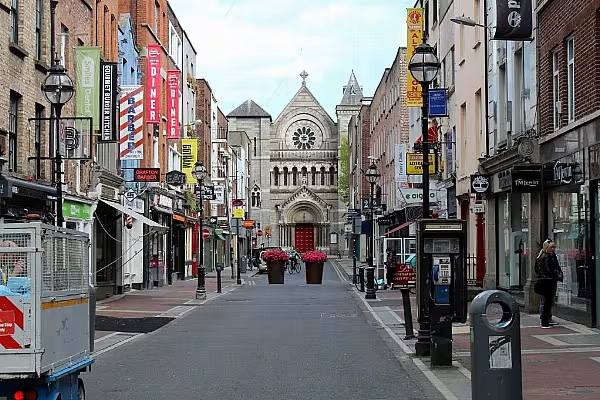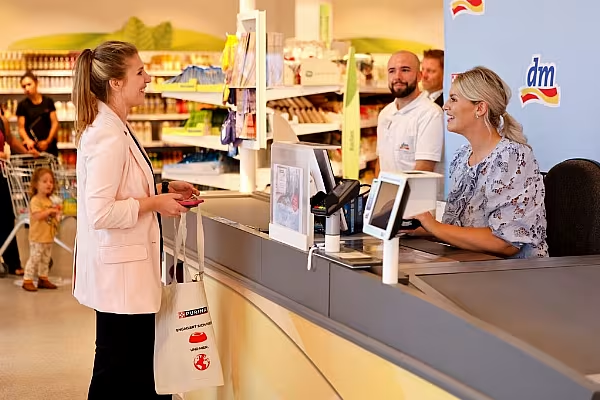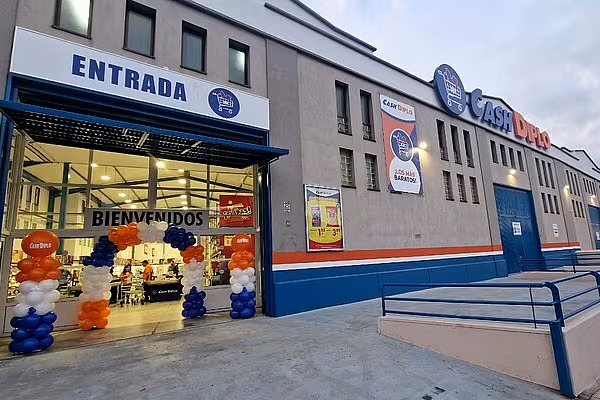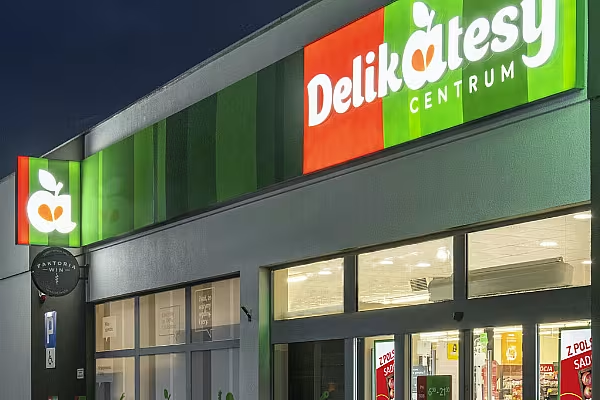Cautious. Challenging. Fragile. Some of Britain’s major retailers don’t have a lot of good things to say about the consumer outlook this year.
While an inflationary squeeze on incomes will ease, households are reluctant to spend freely as Brexit uncertainty drags on and wage growth shows little sign of a meaningful pickup. Consumers may also have left themselves with less space to deal with any future shocks after running down savings and borrowing more in 2017 to compensate for price increases.
It’s another battle for retailers such as Marks & Spencer Group Plc, which on Thursday reported a drop in sales over the Christmas period. Supermarket chains have spent years struggling against the growth of discount grocers, and department and toy stores are taking hits from Amazon.com Inc. and the switch to online shopping.
Compounding the issue in 2017, the pound’s decline after the Brexit vote pushed up inflation, workers saw real wages fall and spending growth slowed to the weakest in more than five years.
The slump has huge implications because the consumer was previously a mainstay of economic expansion. Households’ contribution to GDP growth in 2017 was less than half the impact in the previous two years.
With that engine sputtering, the economy probably grew just 1.5 percent last year, below the 2.3 percent pace in the euro area and the weakest of any Group of Seven country. Expansion may cool further in 2018, according to a December survey of economists.
Lack of Optimism
While the results from the crucial Christmas trading period proved a mixed bag for the retail industry, even the better performers aren’t optimistic.
Next Plc, which reported sales that topped estimates, said that challenges including “subdued” spending look set to continue. It benefited from selling more online, though it’s still a minnow compared with Amazon.
M&S CEO Steve Rowe described consumer sentiment over Christmas as “fragile” and “volatile.” Dave Lewis, CEO of Tesco Plc, the U.K.’s largest retailer, said Thursday that shoppers were feeling more cautious about the year ahead than they were a few months ago.
That view was shared by John Lewis managing director Paula Nickolds, who predicted more discounting in another challenging year. Companies ranging from clothier Ted Baker to Topps Tiles echoed their caution.
U.K. inflation broke through 3 percent at the end of 2017, far above average earnings growth, which was 2.3 percent in October. Consumer spending rose 1 percent year-on-year in the third quarter, the weakest since 2012, and Deutsche Bank estimates it stayed around that pace in the three months through December.
Inflation Easing
For consumers, there’s good news in that the Bank of England sees inflation easing through 2018, though it will still be running above 2 percent right through 2020.
According to projections by Tom Rogers at Oxford Economics, the U.K. consumer outlook also looks gloomy relative to other developed nations. He said while signs of a shift to a “soft Brexit” may lift the mood, Britons are facing “another two years of only very modest spending power growth.”
In its trading update, Next said that it expects cost-price increases to disappear in the second half of the year. That will bring some relief to retailers, many of whom took a hit to their margins rather than raise prices in an ever-more competitive market and scare their customers away.
Tesco’s Lewis said he expected pricing pressure to ease, though John Lewis said its stores are getting squeezed by higher sourcing costs. Card Factory Plc plunged Thursday as the company warned of shrinking margins.
“It’s probably going to get really, really tough this year,” said TCC Global analyst Bryan Roberts. “Retailers will have to hold prices and take the hit on sales or cut prices and take the hit on profit.”
News by Bloomberg, edited by ESM. Click subscribe to sign up to ESM: The European Supermarket Magazine.
